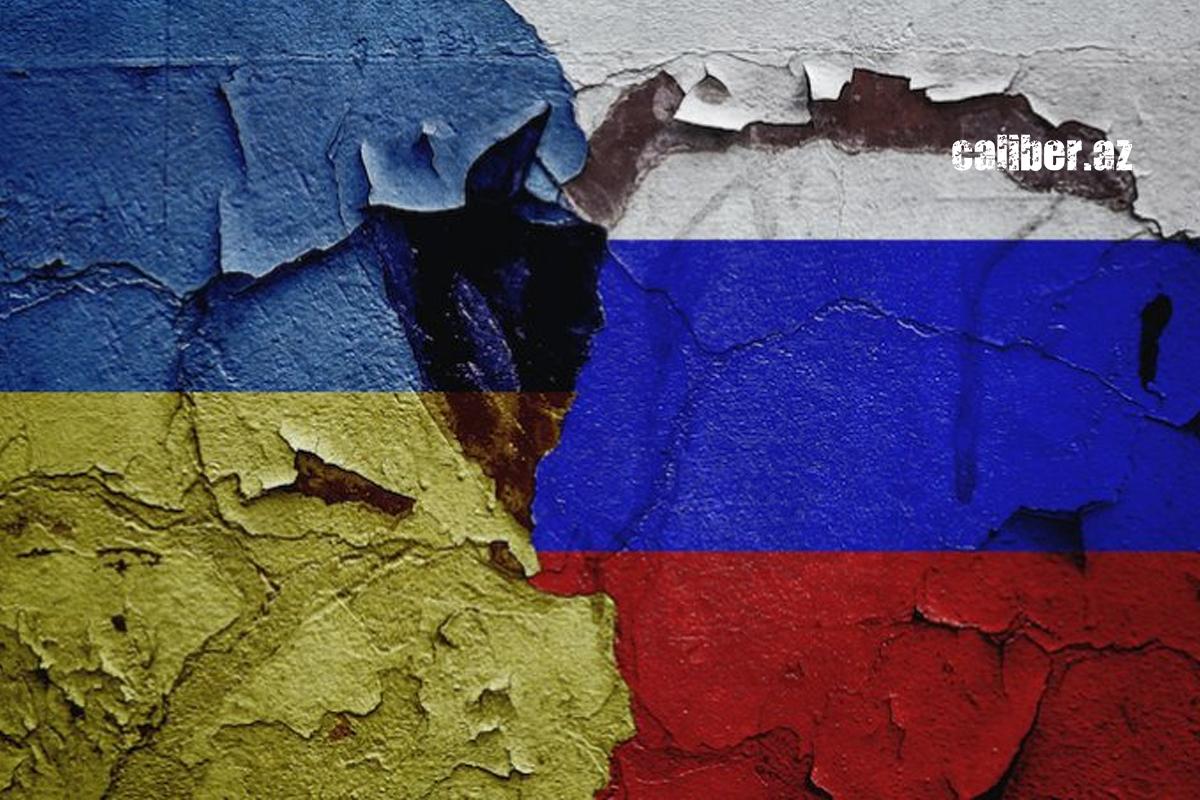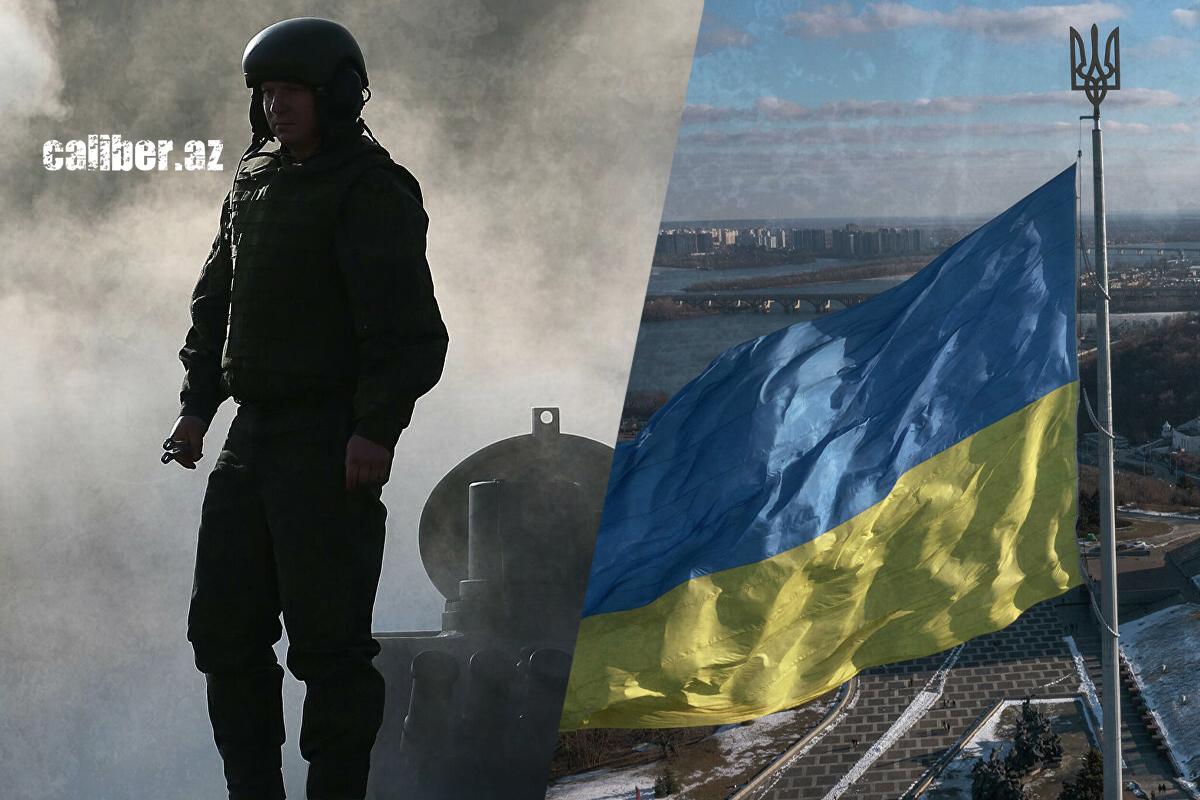"Russia's geopolitical situation looks like total disaster and historic deadlock" Ex-Deputy Foreign Minister of Russia hosted by Caliber.Az
Caliber.Az presents an interview with the Russian diplomat, Deputy Minister of Foreign Affairs of the Russian Federation (1991-1993), and 2nd Class State Councilor of the Russian Federation Georgy Kunadze.
- As a former deputy foreign minister of Russia who worked with Andrey Kozyrev, it must be unpleasant for you to see that today Russia is in such a difficult geopolitical situation?
- "Unpleasant" is not the right word. I am bitter and offended to see my country the way it has become today: deceitful, spiteful, and unjust, not only to the rest of the world but also to my own people, who have been duped by a monstrous propaganda campaign. The people of Russia deserve a better fate.
As for Russia's geopolitical situation, which you delicately call "complicated," I would classify it as a total disaster and a historic deadlock, from which it will be incredibly difficult to get out. Partly because unlike in the 1990s, Russia today has completely lost international trust. Properly speaking, Russia is not respected in the world and taking into account the interim results of its so-called "special military operation" against Ukraine, it is not particularly feared either. Nuclear weapons, which allow the destruction of the planet, are a bad tool in foreign policy, and Russia has no other tools.

- Georgy Fridrikhovich, could it have been otherwise, or has Russia's foreign policy course since the 2000s assumed confrontation with the rest of the world?
- The signs of the state that is usually called 'Weimar syndrome' were already present in Russia at the end of the 1990s. When Vladimir Putin came to power, they became more and more visible. The wealth of petrodollars, which has suddenly fallen upon Russia, has accelerated this process.
Nevertheless, there has never been any predetermined confrontation with the rest of the world. Suffice it to recall how adequately Russia responded to the terrorist attacks that hit the United States on Sept. 11, 2001. In the end, however, the thirst for revenge proved to be stronger than common sense.
- Russian foreign minister Sergey Lavrov who worked for many years in the US, yet today has turned against the West. Is this his personal position or is the Foreign Ministry merely carrying out the government's instructions?
- A lengthy business trip to a Western country is not a cure-all for the anti-Western sentiment. On the contrary. At one time there was a joke among Soviet diplomats: "It's time to go on a business trip abroad to recharge your patriotism". Sergey Lavrov is a typical Soviet diplomat. In addition, the position of any minister in an authoritarian regime implies a particular loyalty to the ruler. In this sense, after becoming foreign minister, Sergey Lavrov has become as much of a hostage of Vladimir Putin as Tariq Aziz was of Saddam Hussein.
- Can we say that today we are witnessing a new round of the Cold War, which seemed to have receded into the past in the late 1980s and early 1990s?
- The Cold War is undoubtedly underway. However, it differs from the one that once ended in the defeat of the USSR in at least two things: Russia's lack of a coherent ideology and its complete strategic loneliness.

- Was Russia's war with Ukraine predetermined by Moscow's policy of recent years?
- The serious tension between Russia and Ukraine was predetermined by the defeat of Viktor Yanukovich, Vladimir Putin's protégé, in the January 2005 presidential elections in Ukraine. On the contrary, the "special military operation" unleashed by Russia against Ukraine was not predetermined by anything. The beginning of this "operation" was a grave and, I'm afraid, an irreparable mistake by Vladimir Putin.
- Even if the Russian-Ukrainian war ends, can we expect sanctions against Russia to be lifted?
- Adopting sanctions is much easier than lifting them. Long ago, in the days of "historical materialism," more precisely, in 1974, the US Congress passed the famous Jackson-Vanik amendment that restricted trade with countries that prevented the emigration of their citizens and violated human rights. With regard to the USSR and then Russia, the amendment was repealed only in 2012, that is, when it was time to introduce it again.








